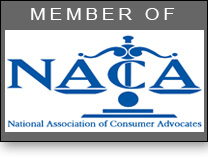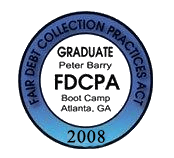Here’s the truth about your credit score: There are more things that can hurt it than help it, and there’s some confusion about how that works.
A recent survey from TransUnion asked consumers about a few common bills and whether or not they’re regularly reported to the major credit reporting agencies. Generally, things like rent payments and utility bills aren’t reported to credit bureaus, so you don’t get “good credit” for making those payments on time. However, if one of those bills is overdue, it might end up hurting your credit, if the company you owe sends the bill to a debt collector.
If you thought paying your rent or electric bills on time helped your credit standing, you’re not alone: 48% of those who responded to TransUnion Interactive’s online survey said they thought rent payments were regularly reported to credit bureaus. Even more confusion surrounded other bills: 53% thought cable and internet payments are regularly reported, 54% thought their utility payments are reported, and 52% thought credit bureaus had record of their cellphone payments. That’s not the case.
At the same time, if you fail to pay those bills, your credit score may be in jeopardy. Collection accounts have a negative impact on your credit standing, and even after you pay the debt, your credit will continue to suffer. The damage will be short-lived if the collection account is an outlier on your credit report, but multiple debts in collection will really hurt your score, and making on-time cellphone bill payments won’t directly improve your credit standing. Unfortunately, you don’t benefit from doing the right thing, but if you screw up, you’re in trouble.
The TransUnion data is based on a survey of 1,001 U.S. consumers ages 18 through 64 who rent their current living unit. Even though the respondents are exclusively renters, it’s surprising that only 29% knew mortgage payments are regularly reported to credit bureaus and, as a result, have a significant impact on credit scores.
Paying rent on time may not be your path to a high credit score (though it’s a data point the credit scoring industry is looking at as a potential risk indicator), but it’s still an important priority, so you avoid late fees and dealing with debt collectors. If you’re looking to improve your credit, there are plenty of strategies to consider, and it’s a good idea to track your progress by getting two of your free credit scores on Credit.com.













